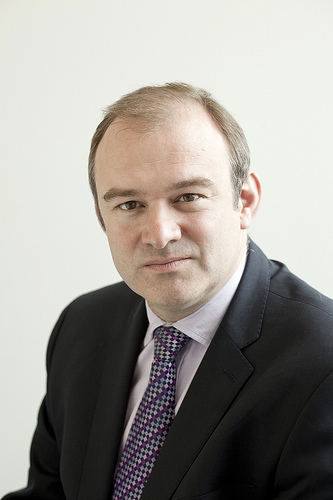More evidence that nuclear power isn't competitive in the marketplace is coming out of the just-announced deal for Britain's first new nuclear reactors since 1995 -- to be developed at Hinkley Point C, Somerset. The deal also provides a fairly striking example of just how badly government officials and politicians want to pretend that they didn't really have to provide massive subsidies to make the project happen. Keep a straight face, and maybe nobody will notice...
The following quotes highlight the mental gymnastics so often evident in press reports about these reactor projects:
The British government will finance two-thirds of [the] $26 billion project. At the same time, it is agreeing to a 35 [year power] purchase agreement that will enable the developers a chance to recoup their construction outlays...One of the more controversial elements of the deal has been the "strike price," or the a[m]ount of money [for] which the plant's electricity will be sold. While EDF [Electricite de France] had wanted a notably higher price, the UK government did agree to a price that is roughly double that of the wholesale price of power there..
-Ken Silverstein, "Great Britain Sparks Global Hopes by Infusing its Nuclear Energy Program," Energy Biz, 23 October 2013.
For the first time, a nuclear power station in this country will not have been built with money fro m the British taxpayer.
m the British taxpayer.
-Ed Davey, Secretary of State for Energy and Climate Change in Great Britain, as quoted in the Silverstein article.
My earlier summary of the UK's massively subsidizied 'non-subsidy' program can be found here. Additional details on the new subsidized reactors to be built at Hinkley can be found here.